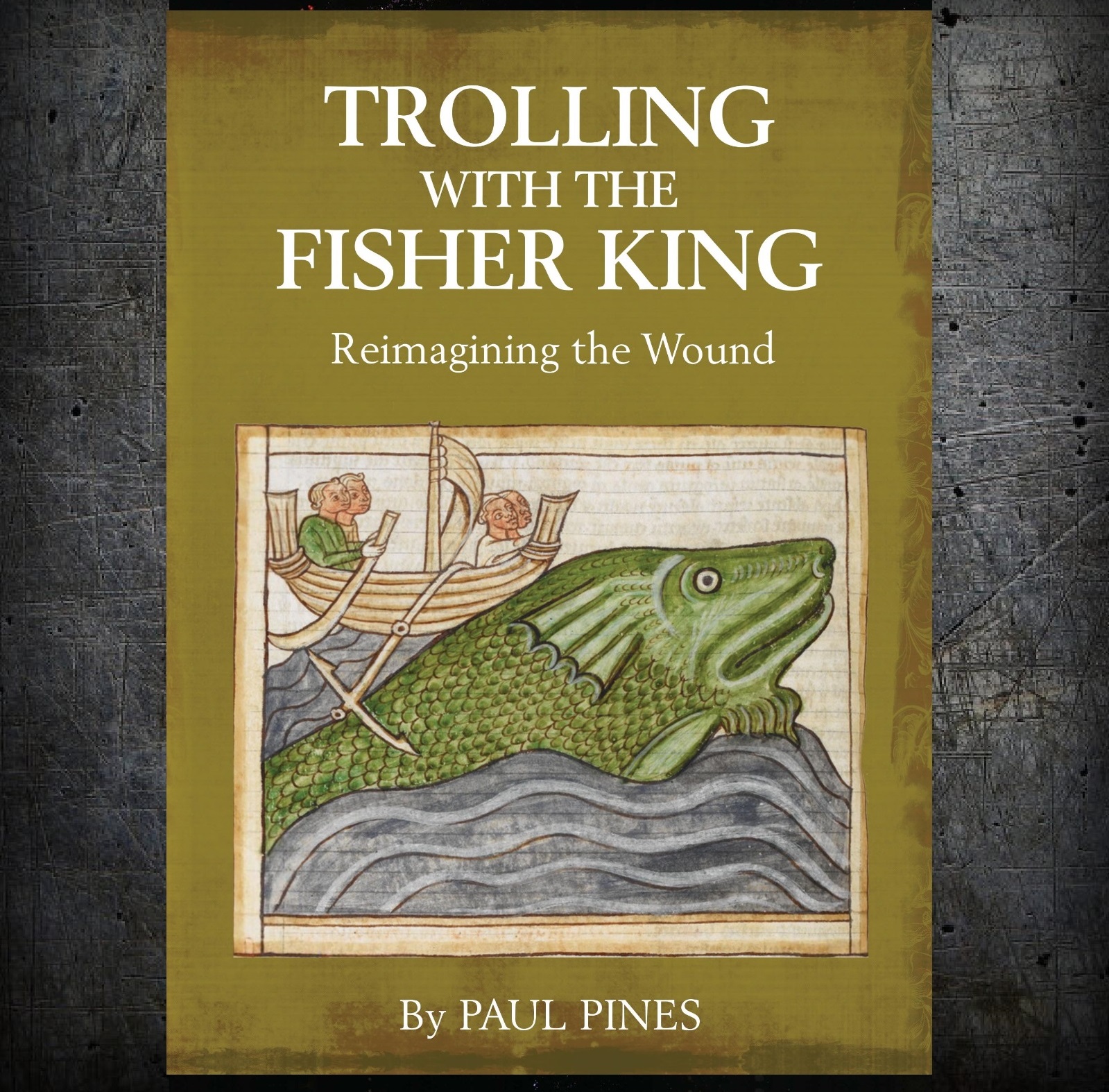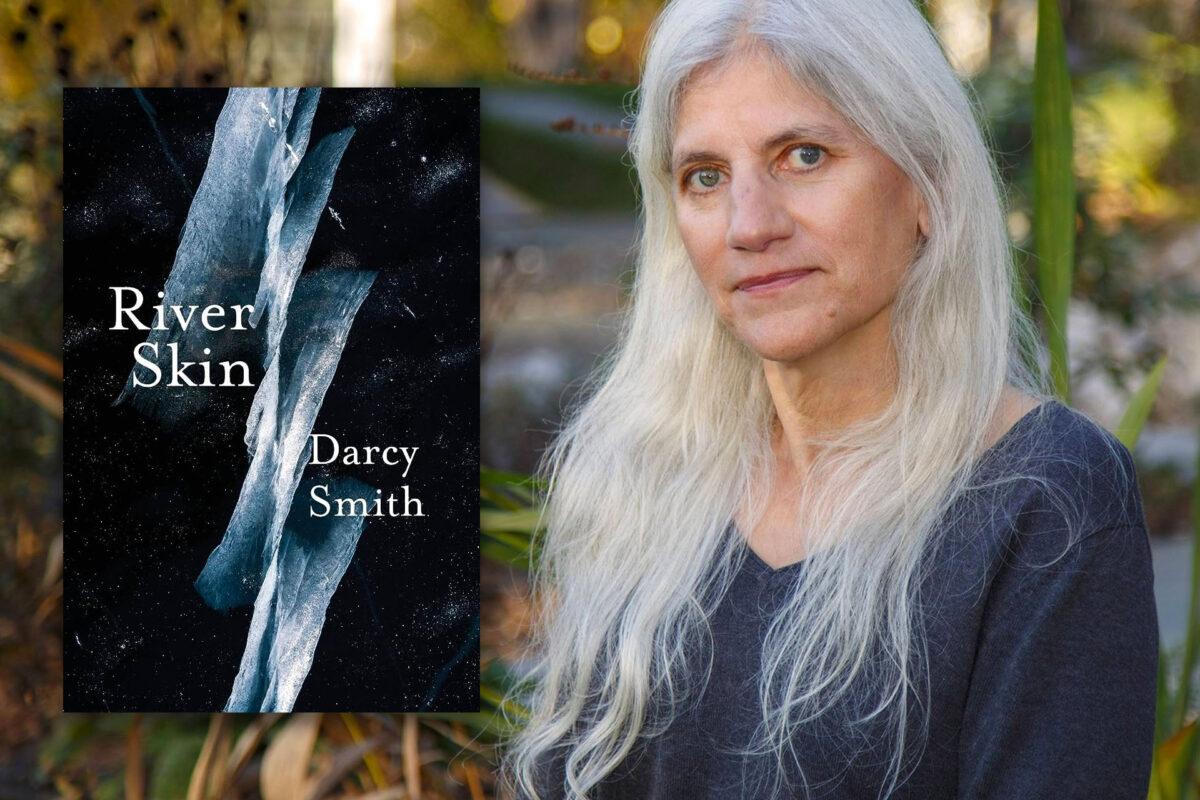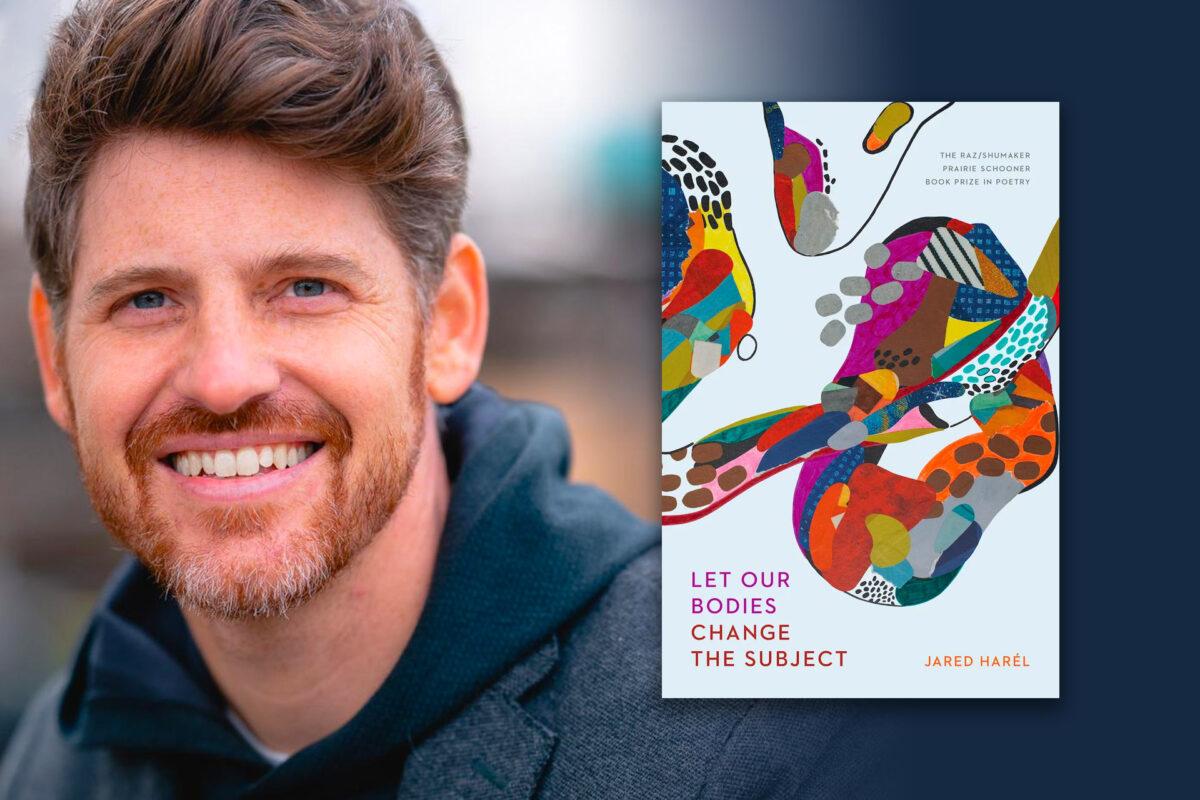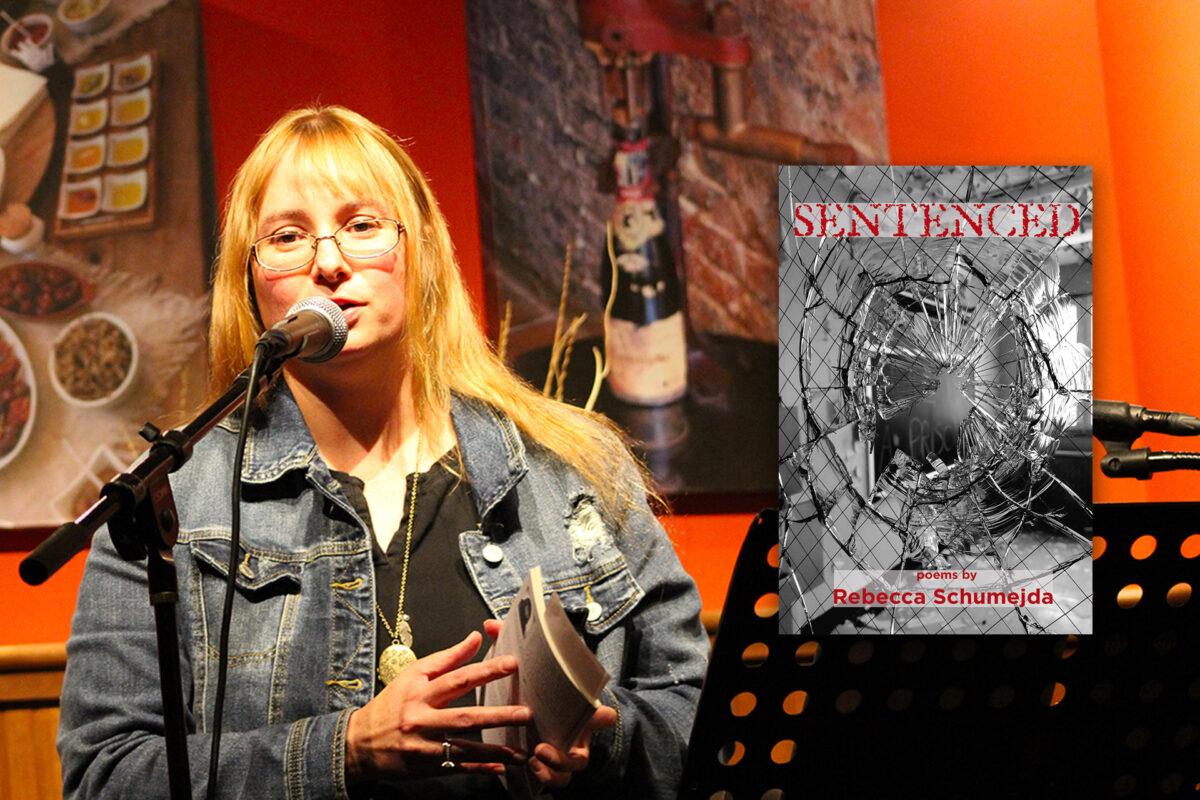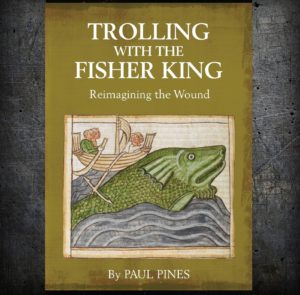 Local poet and author Paul Pines’ new book, Trolling with the Fisher King: Reimagining the Wound, has just been released by Chiron Publications.
Local poet and author Paul Pines’ new book, Trolling with the Fisher King: Reimagining the Wound, has just been released by Chiron Publications.
Trolling with the Fisher King grew out of the author’s fascination with the figure of Amfortas, the young King of the Grail Castle in Wolfram von Eschenbach’s Parzival, whose mission was to serve the Holy Grail. Amfortas betrayed that mission by killing another knight in combat under the banner of Amor! during which he sustained a wound in his groin that would not heal. His pain was relieved only when he stood in a skiff with a line in the water, hence The Fisher King. Because the fledgling knight Parzival failed to ask him the healing question, “What ails thee?” Amfortas continued to suffer. It would take years before Parzival was able to develop the necessary empathy. Pines suggests that Parzival may be the first tale to identify the wound as vital to realizing the healing potential in Western culture.
But what happens when the Fisher King and his wound are no longer recognizable? Pines, a fisherman touched by war zones and wastelands in Viet Nam and the Bowery, explores the consequences of this loss. He argues that recognition of the wounded light-bearer is critical in our time, when identification with technology in ascendance has enabled the empowerment of authoritarian figures and governments. This book records his search for Amfortas, and the Fisher King Function. Pines uses the tools Jung employed in his confrontation with the unconscious in The Red Book, gathering symbolic patterns and inter-disciplinary connections to interrogate his personal experience and what he finds in the world within and around him.

Paul Pines opened The Tin Palace, his Bowery jazz club, in the 70s. It became the setting for his novel The Tin Angel (Morrow, 1983). A second novel, Redemption, (Editions du Rocher, 1997), explores the Guatemalan Mayan genocide of the 80s. My Brother’s Madness, (Curbstone Press, 2007) probes the nature of delusion.
He has published 13 collections of poetry, most recently Divine Madness (Marsh Hawk, 2012), Fishing On The Pole Star (Dos Madres, 2014) Message From The Memoirist (Dos Madres, 2015) and Charlotte Songs (Marsh Hawk, 2016).
He is the editor of Juan Gelman’s selected poems Dark Times/ Filled with Light (Open Letters Press, 2012), and has contributed translations to Small Hours of the Night, Selected Poems of Roque Dalton; and Nicanor Parra, Antipoems: New and Selected.
Composer Daniel Asia’s settings of Pines’ poems appear on Songs from the Page of Swords, Breath in a Ram’s Horn and Purer Than Purest Pure (BBC Singers) on the Summit label. Asia’s 5th Symphony, recorded by the Pilsen SO, features poems by Pines and Israeli poet Yehuda Amichai. The Tin Angel Opera was performed by the Center for Contemporary Opera in NYC.
Pines has conducted workshops for the National Writers Voice and lectured for the National Endowment for the Humanities. He has been a fellow at the MacDowell Colony, Ossabaw Foundation, and Virginia Center, as well as a recipient of an Artists’ Fellowship, N.Y.S. Foundation for the Arts. He lives in Glens Falls, NY, where he is a psychotherapist in private practice and hosts the Lake George Jazz Weekend. In this picture, he is posing with the tree planted in recognition of his work as a professor at SUNY Adirondack.

